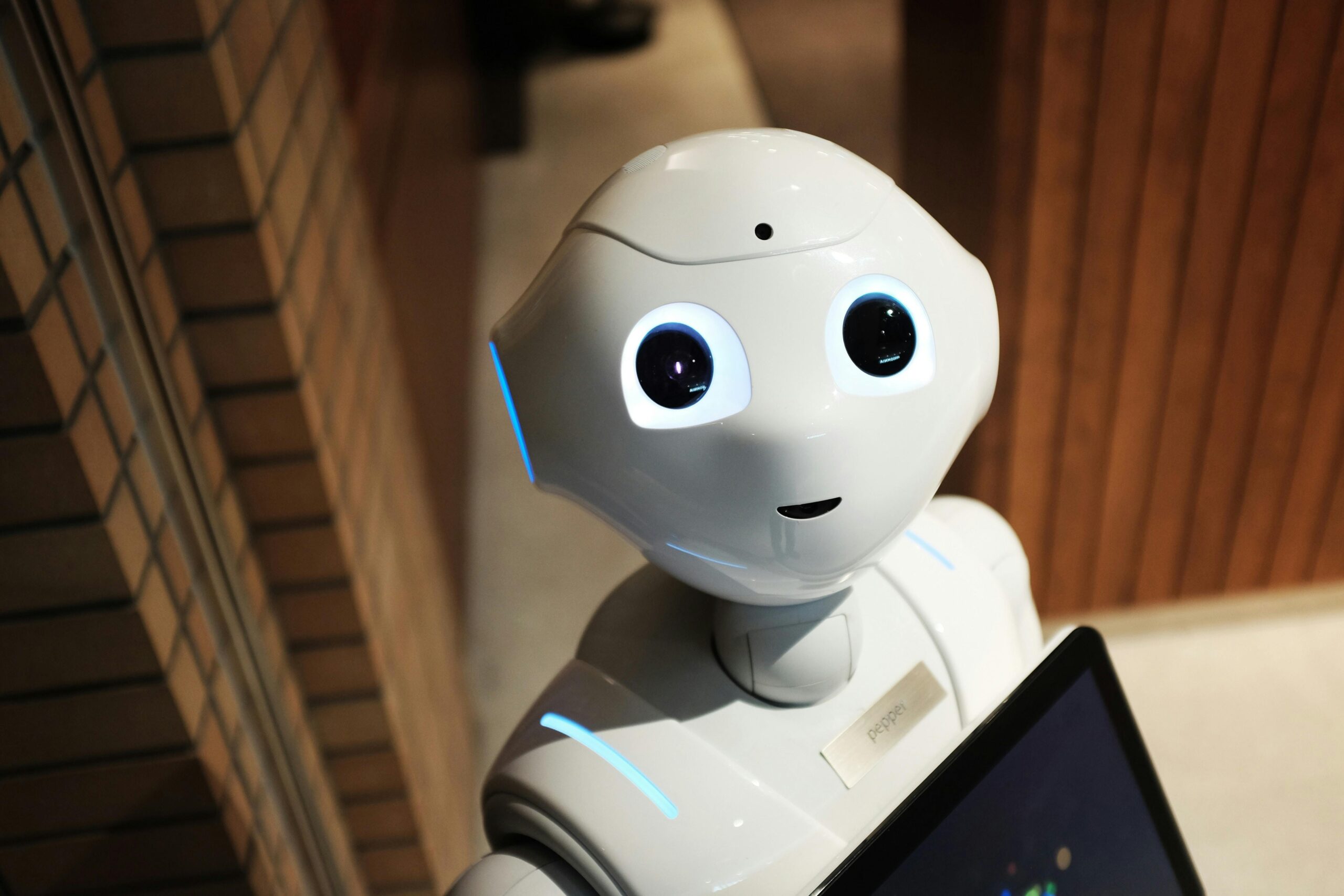Artificial Intelligence, or AI, is a term you’ve probably heard a lot in recent years. From voice assistants like Siri and Alexa to recommendations on Netflix and self-driving cars, AI is becoming part of our everyday lives. But what exactly is AI, and why does it matter?
Breaking Down AI
At its core, Artificial Intelligence refers to machines or computer programs designed to perform tasks that normally require human intelligence. These tasks include learning, reasoning, problem-solving, understanding language, and even recognizing images.
Think of AI as teaching a computer to “think” or “learn” like a human, though it’s important to note that AI doesn’t truly think or feel — it follows rules and patterns based on data.
Types of AI
There are generally two types of AI:
- Narrow AI: This is AI designed to do a specific task. For example, spam filters in your email, or the recommendations you see on YouTube. These systems are very good at their designated job but can’t do anything outside of it.
- General AI: This is the idea of AI that can perform any intellectual task a human can. While it’s a popular concept in science fiction, general AI does not yet exist in the real world.
How Does AI Work?
AI systems learn by analyzing large amounts of data to find patterns. For example, a voice assistant learns to recognize your speech by processing thousands of hours of recorded conversations. This process is called machine learning, a key part of AI, where computers improve their performance without being explicitly programmed for every scenario.

Why Is AI Important?
AI helps automate tasks, making life easier and more efficient. It powers technologies that can detect diseases early, improve customer service with chatbots, optimize traffic flow in cities, and even assist in scientific research.
Concerns and Ethics
While AI brings many benefits, it also raises important questions. How do we ensure AI is fair and doesn’t reinforce biases? What happens to jobs as automation increases? Experts around the world are working on guidelines to make sure AI is developed responsibly.
The Future of AI
AI technology continues to advance rapidly. While we might not have robots like in movies, AI will keep transforming industries and daily life in ways we can’t fully predict yet.
In Summary
Artificial Intelligence is a powerful tool that enables computers to perform tasks requiring human-like intelligence. From simple tasks like recommending a song to complex ones like diagnosing diseases, AI is shaping the future. Understanding what AI is helps us prepare for a world where humans and machines work side by side.


